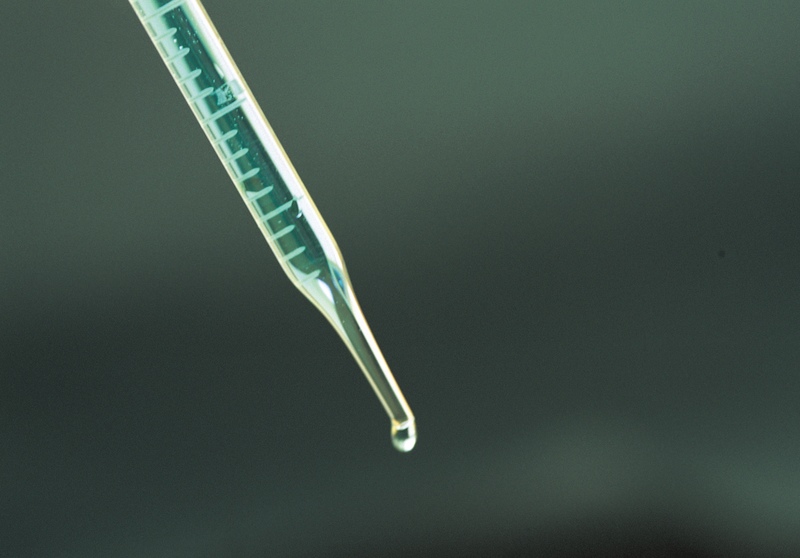Here are some of the latest health and medical news developments, compiled by the editors of HealthDay:
CDC Launches Latest ‘Tips from Former Smokers’ Anti-Smoking Campaign
The latest installment of a successsful anti-smoking campaign featuring former smokers was launched Monday by the U.S. Centers for Disease Control and Prevention.
The Tips From Former Smokers campaign is back for the sixth year and will run for at least 20 weeks. It features 15- and 30-second ads on cable and network television and online, as well as print ads.
Additional television, radio, and billboard ads will be featured in 30 regions with higher rates of cigarette smoking, the CDC said.
Since it first appeared in 2012, the campaign has helped at least 500,000 smokers quit and inspired millions more to try to quit. The former smokers featured in the ads give a voice to the more than 16 million Americans living with a smoking-related disease, the CDC said.
Cigarette smoking is the leading preventable cause of death in the U.S. and smoking-related diseases cost the nation nearly $170 billion a year in health care spending, according to the CDC.
—–
First Criminal Trial in Meningitis Outbreak Caused by Tainted Steroids
Monday marks the start of the first criminal trial of an executive of a Massachusetts company that made tainted steroid injections linked with a meningitis outbreak across the United States.
The Food and Drug Administration says 750 people were sickened and 76 died in the fungal meningitis outbreak attributed to steroid injections made by the New England Compounding Center in 2012, USA Today reported.
The first company official to face trial is director Barry Cadden. He is charged with 25 counts of second-degree murder in connection with deaths in seven states, along with other crimes.
Opening statements in his trial by jury are scheduled to begin Monday in federal court in Boston. If convicted on all counts, Cadden could face a life term, USA Today reported.
Thirteen other company executives and pharmacists were indicted in 2014. Federal prosecutors say the accused did not follow regulation and procedure in preparing the steroid injections, resulting in more than 10,000 tainted doses.
Copyright © 2026 HealthDay. All rights reserved.

